Description
ABSTRACT
Constitutionality of Interlocutory Appeal Provision Under Appellate Courts’ Practice Directions
Judedavid Ogochukwu Mbamalu*
Practice Directions, as the name implies, direct the practice of the court in a particular area of procedure of the court. A Practice Direction could also be described as a written explanation of how to proceed in a particular area of law in a particular court. It is worth examining whether the power ceded to the Chief Justice of Nigeria and the President of the Court of Appeal under the Constitution to legislate Rules of Practice and Procedure of the courts within their sphere licences the jurists to create a new genre of the right of appeal not donated by the Constitution or a Statute? This paper critiques the appeal provisions of the Nigerian Constitution, the Rules of Procedure of our appellate Courts and posits that the insertion of interlocutory appeal as one of the matters to which our Court Rules apply is not supported by the Constitution, which birthed appeal proceedings. The heads of our courts, in exercising their constitutional power, to make Rules introduced Practice Directions to govern Interlocutory Appeals. Rules of the Court do not confer or create jurisdiction and cannot derogate from the Constitution from which it derived the delegated power to legislate. The Rules and/or Practice Directions which provide guidelines for prosecuting Interlocutory Appeals are, therefore, unconstitutional and null and void.
Keywords: Constitution, Practice Directions, Rules of Court, Interlocutory Appeal, final Appeal.
INTRODUCTION
Judicially, an appeal has been defined “as an invitation to a higher court to review the decision of a lower court or tribunal to find out whether on a proper consideration of the facts placed before it, and the applicable law, the lower court arrived at a correct decision”.1 “Decision means, concerning a court, any determination of that court and includes judgment, decree, order, conviction, sentence, or recommendation.”2
This paper is a constitutional analysis of the Appeal provisions of the Nigerian Constitution vis-à-vis the exercise of the constitutionally derivative powers of the heads of the appellate courts in Nigeria to enact Rules of Procedures/Practice Directions of their Courts. This article seeks to determine whether, in so far as the Rules of Procedure/ Practice Directions made provisions for regulating Interlocutory Appeal, such provision is inconsistent with the Constitution and is therefore null and void.
*LLB (hons) (UNN), BL, LLM (Maritime & Commercial Law) (LASU); LLM (Computer & Communication Law) (QMUL, UK), LLD (UNISA). Managing Partner, Jumbo Chambers Legal; email:
ju***@ni*********.ng
; Tel phone: 08033027118.
- Debayo & Sons Ltd v Gomez [2011] 10 NWLR (pt 1255) 332; Ekpo v Toyo [2013] 8 NWLR (pt 1303) 460, 476; Oredoyin v Arowolo [1989] 4 NWLR (pt 114) 172, 211.
- Const of Federal Republic of Nigeria, 1999(as amended), s 318.

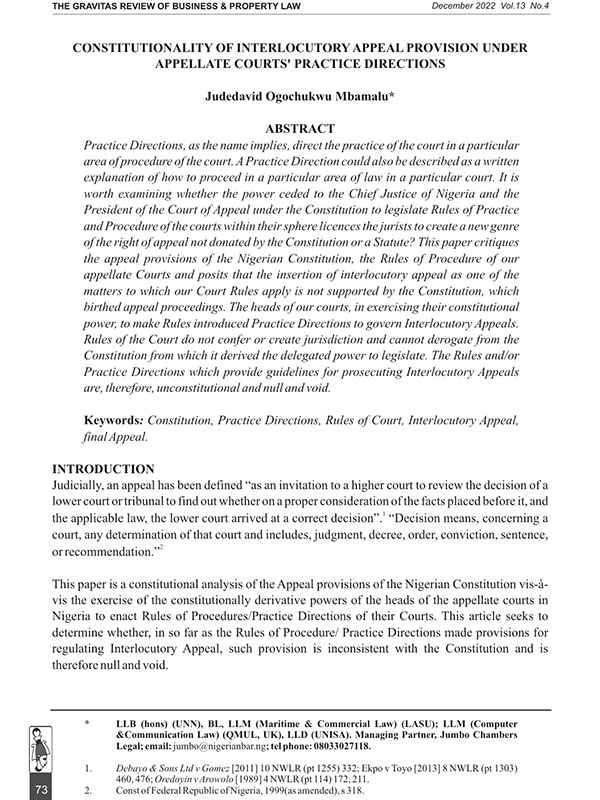
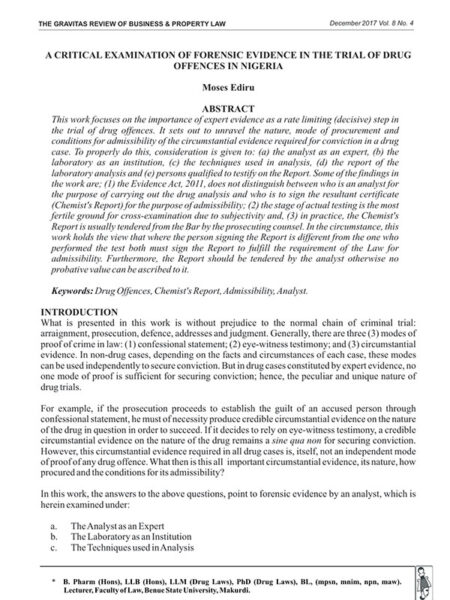
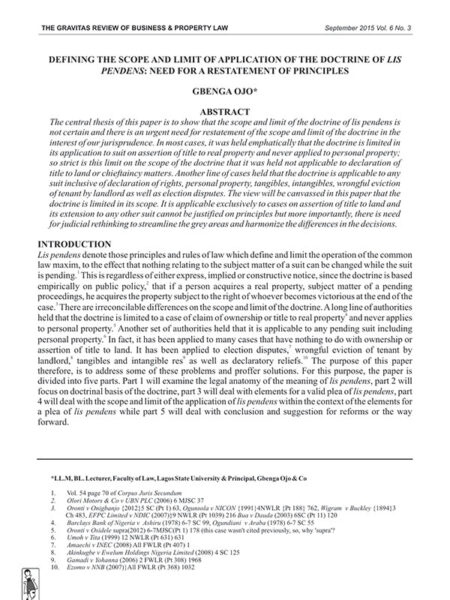
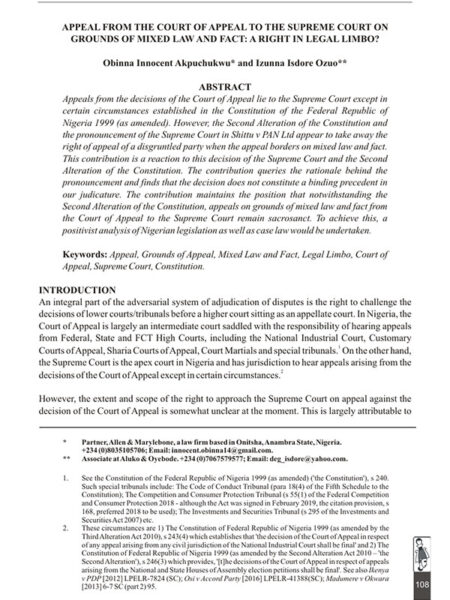
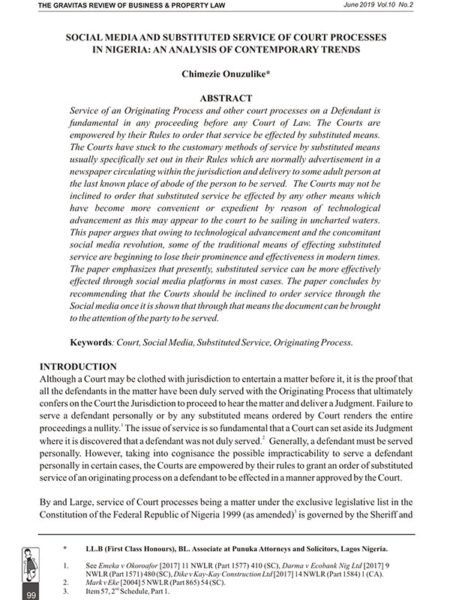


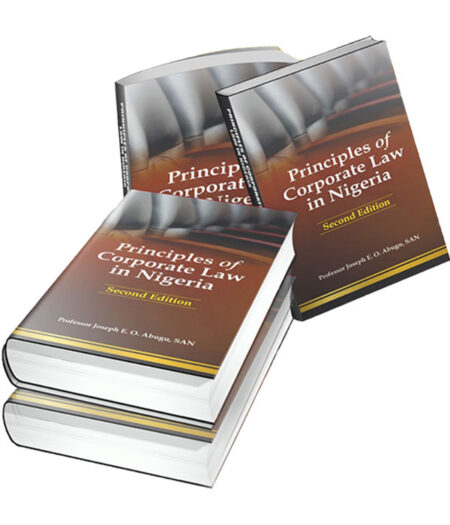
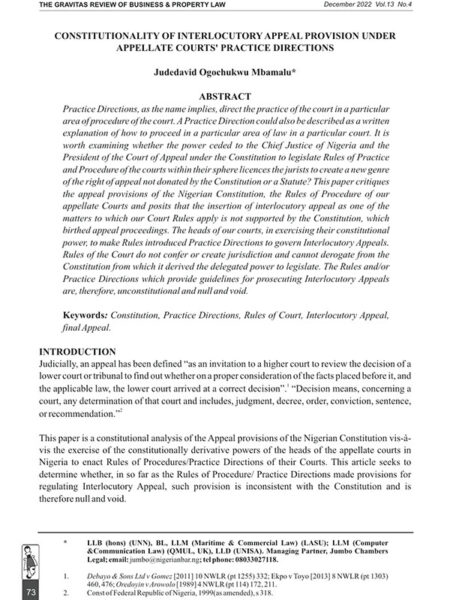
Reviews
There are no reviews yet.